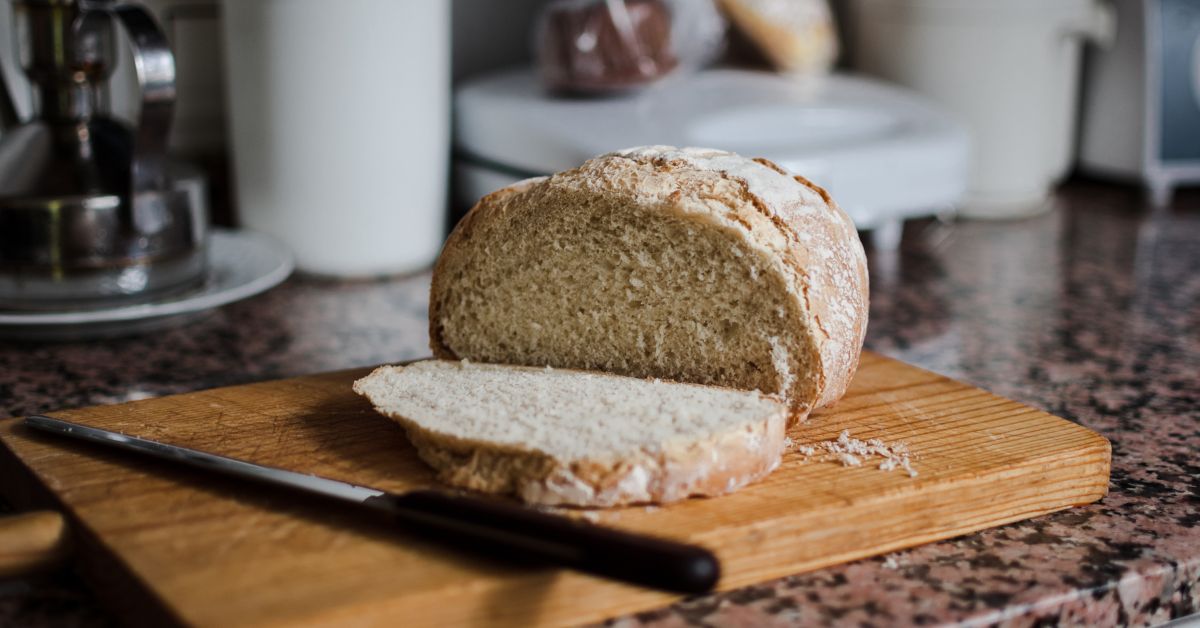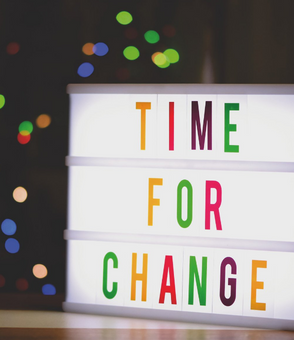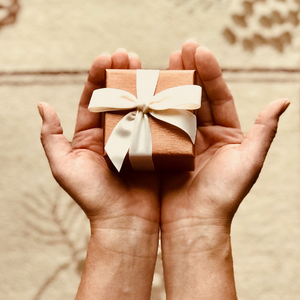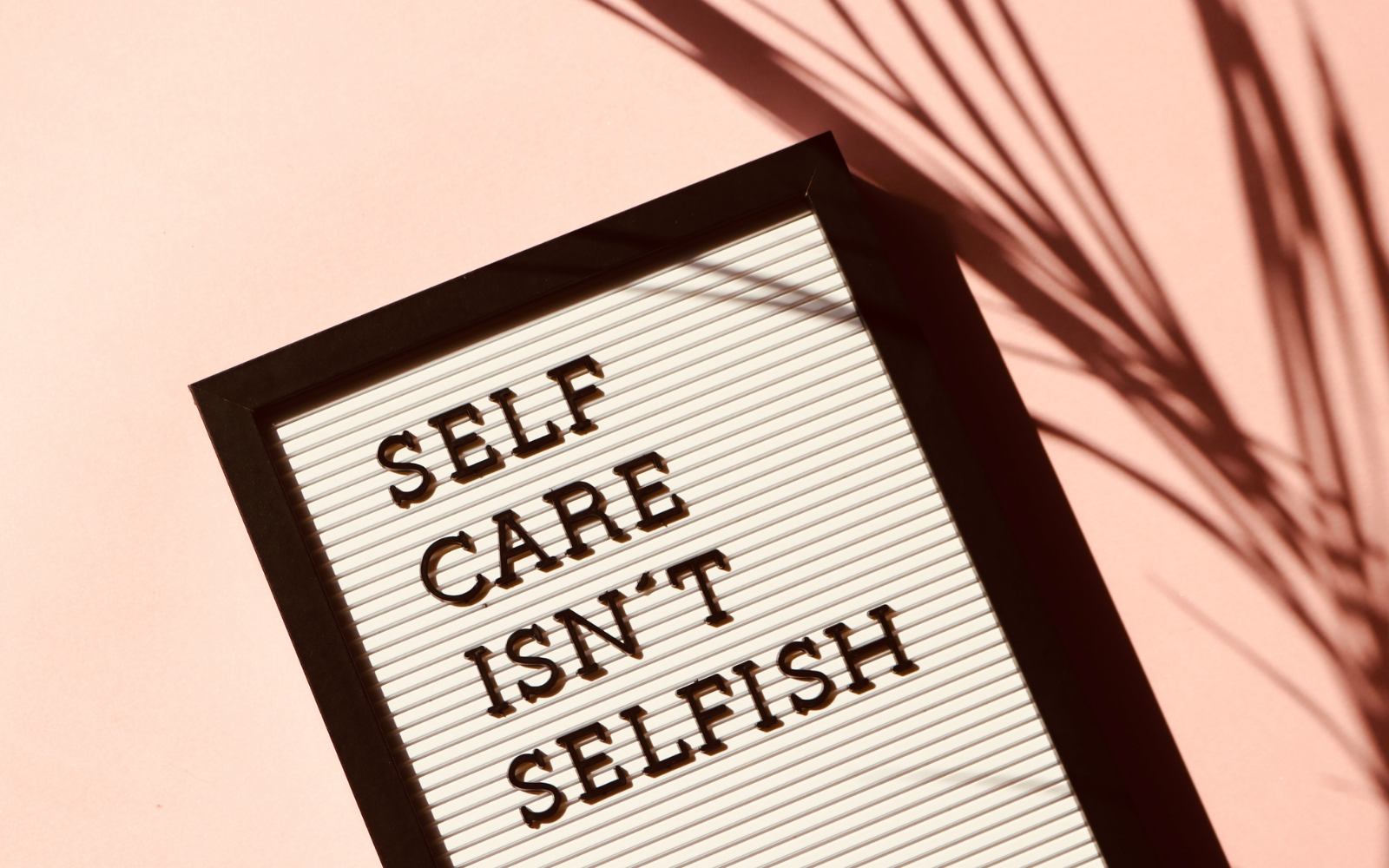Everyone has experienced what it feels like to get a bad night’s sleep. You wake up feeling irritable, have trouble concentrating and communicating, and your body feels sluggish and lethargic. Research shows that every process of your body and mind suffers after a poor sleep. Without the nightly cleanup process that happens in our brains while we sleep, we not only feel the effects the next day, but we also increase the risk of many chronic, long-term illnesses, including Alzheimer’s.
For some, getting a good night’s sleep is a battle every night. Recent data shows that 1 in 3 Canadians aged 35-64 don’t get enough sleep. Healthcare providers like naturopathic doctors, acupuncturists, and medical doctors can all help get to the root of your sleep challenges, but there are many things you can do on your own to give you a few more hours of quality shut eye.
Stay on a Sleep Schedule
Our bodies and mind crave routine, and our sleep-wake cycles are dependant on it. Set a time to go to bed and a time to wake up that supports your personal and professional life and stick to it – even on the weekends. Your sleep schedule will help keep your hormones in rhythm, so your body is primed to know what to do.
Get Outside First Thing in the Morning
A good wake-up routine is as important as a good sleep schedule. When you wake up, create a habit of getting outside and exposing your eyes to bright, natural light within 30-60 minutes of waking. The natural light is detected by specialized cells in your eyes and lets the brain know that the next sleep cycle should begin in 12-14 hours. Even when you’ve just woken up you can do things to prepare for your next night of good sleep! A natural LED light is a good alternative on those dark, wintery mornings when the sun hasn’t risen yet.
Watch Your Caffeine Intake
It’s well known that caffeine helps keep us awake. Alternatively, adenosine is the chemical that helps regulate your sleep cycle. The cells in our body consume these chemicals by bonding to them. Think of the cells in your body like a warehouse, full of big shipping bays and lots of doors. The challenge with caffeine is that both caffeine and adenosine get delivered to the same door. Fill that doorway with caffeine and the adenosine can’t get in, meaning you feel more awake for longer.
This doesn’t mean you should avoid caffeine altogether but start to pay attention to how it affects you. Is one coffee in the morning enough, or do you really need a second one? And if you have a second coffee, how late in the day is too late to have it before it keeps you awake in the evening?
Create a Bedtime Routine
Start a bedtime routine 1-2 hours before you want to be asleep. This will help prepare your body and mind to fall asleep easily and deeply.
- Turn the lights down low. Melatonin is a natural sleep hormone that our brain produces when our eyes are exposed to the dark. Encourage melatonin production by avoiding bright lights and, where possible, dimming the lights around you.
- Avoid screen time. This means TV, computers, phones, tablets, etc. This can be a challenge to build into a sleep routine, but it will help promote melatonin release.
- Engage in quite behaviours. Journaling and meditation can help move the body to a parasympathetic state (rest & digest), clear the mind, and promote relaxation. Try a yoga nidri (yogi sleep meditation) or guided body scan.
Finding a solution to your sleep challenge won’t happen over night, but there are lots of easy, natural things you can do to promote a good night’s sleep. If you need some extra help, then reach out to a healthcare provider so you can get to the root of the problem.
- About the Author
- Latest Posts
Rachel is a Registered Acupuncturist and Integrative Health Coach based in Victoria, BC. She is passionate about meeting you where you are at in your wellness journey to support your path to radiant health. She is also the co-founder of The Hub Life.
Follow Rachel on her own Instagram page, as well as at the Hub Life.






+ show Comments
- Hide Comments
add a comment